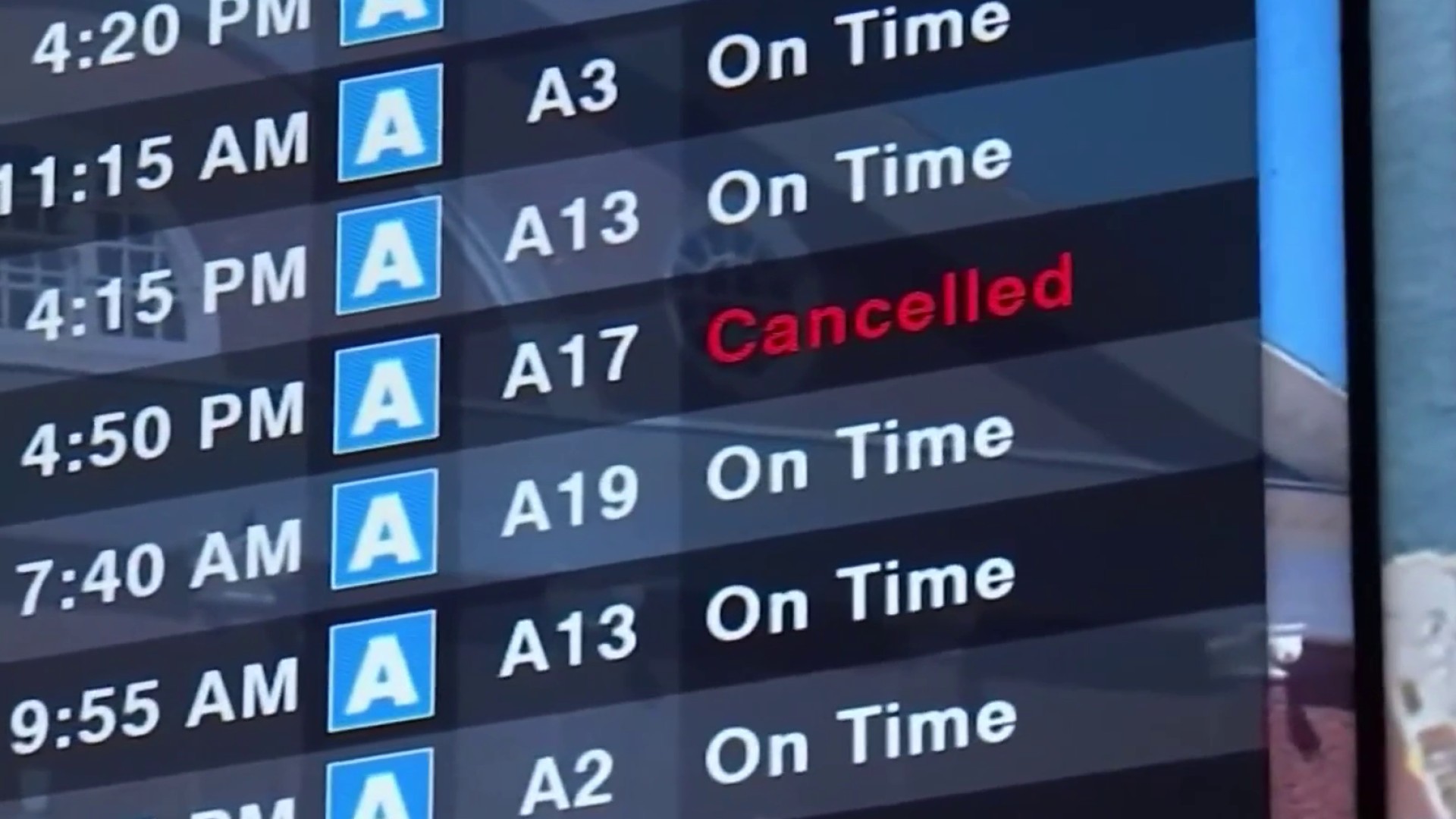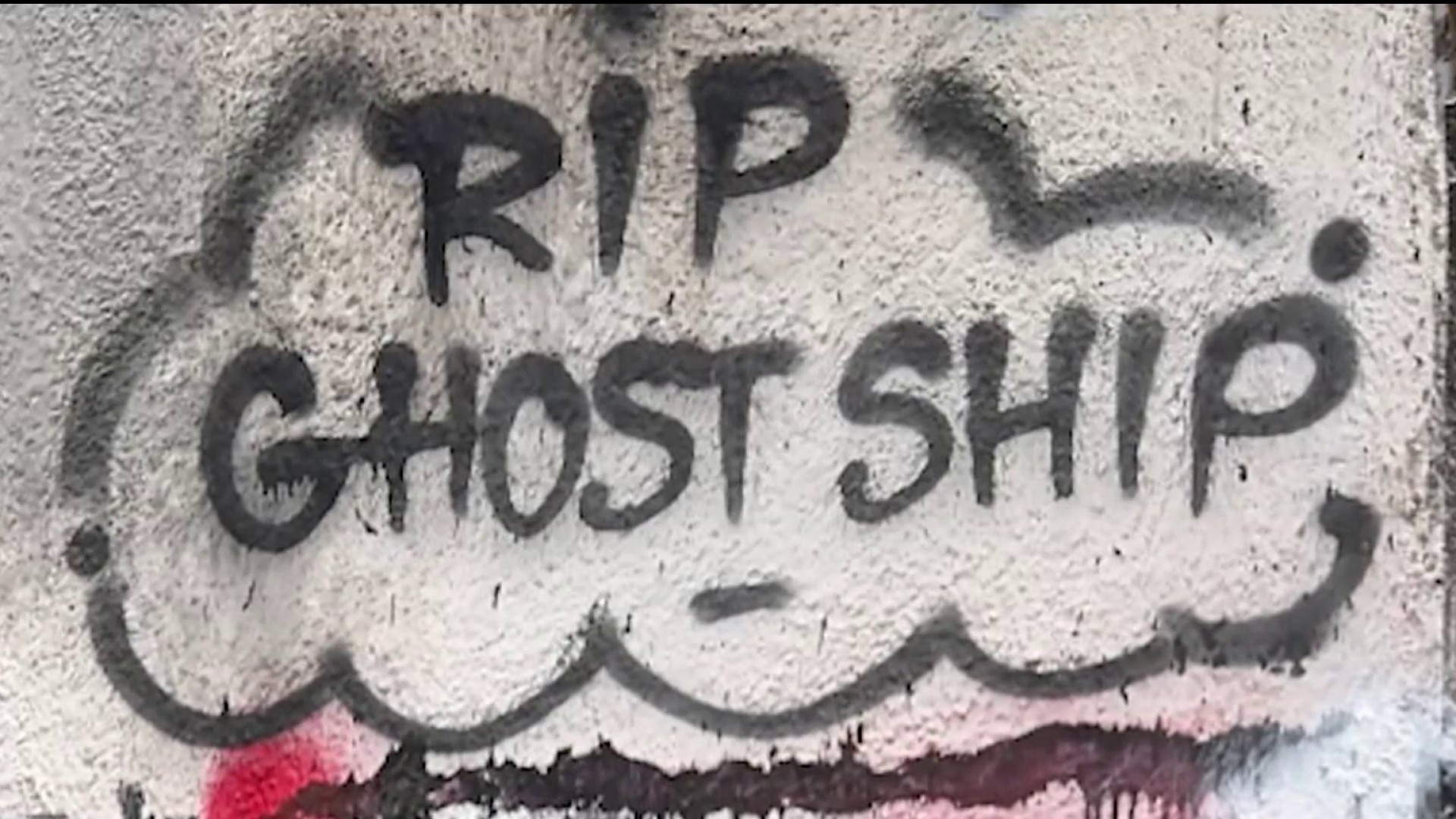The Alameda City Council early Wednesday shelved — at least temporarily — a decision on a new program that would scan the license plates of all drivers who enter and exit the island in an attempt to track car thieves.
City leaders did decide to set aside roughly $500,000 to pay for the scanning cameras, but city leaders want to learn more about the project before moving forward.
On Tuesday night, Alameda police Chief Paul Rolleri urged the City Council to approve the purchase of 13 new license plate readers and place them at entry and exit points across the island city.
"If there are people in the room who are concerned that the police department is racially profiling folks, here’s a tool that doesn’t do that; it doesn’t care," Rolleri said. "It doesn’t have the ability to racially profile."
Rolleri insisted the devices will help officers track down stolen cars and reduce car break-ins and other theft. Alameda saw a spike in property crimes last year, the department said.
But critics worry about how else that data could be used against potentially innocent people.
Local
Another Bay Area town on the Peninsula installed license plater readers after two home invasions in 2016. Some in Portola Valley, just west of Palo Alto, still worry about access to their infornation, but for the most part, residents in the town of about 4,500 support the idea.
"I think it’s a great thing for us," resident Annie Worthington said. "It makes me feel more secure, actually."
The plate readers are mounted on poles along Portola Valley’s border with Santa Clara County and Woodside.
Town Manager Jeremy Dennis said the cameras take pictures of every license plate that comes through and stores that information for one year, in case detectives need to go back and access a plate number during a criminal investigation.
"Home invasions are a different type of crime," Dennis said, referring to the crimes that prompted the Town Council to approve the plate readers. "They are not crimes that we’d seen in the past."
Critics have raised privacy concerns and worry the license plate information could be shared with immigration officials.
"There is no sharing of data with ICE. Period," Dennis said.
In Alameda, the license plate information would be stored for some time, but Rolleri says they aren’t looking through everyone’s information. The system will alert them if a suspicious vehicle comes in or out of the island.
"These cameras will be mounted on polls or posts at various locations around the island to scan all the plates that pass by the pole," Rolleri said.
Rolleri wants the license plate readers at all four bridges and two tunnels in Alameda to help officers find stolen or wanted cars.
"Instead of them looking for the needle in a haystack, this system says, ‘Hey, the needle just came over the bridge,'" Rolleri said.
Critics, though, have raised privacy concerns, along with the fear that police will hand over license plate information to immigration agents. Immigration and Customs Enforcement recently made headlines for tracking license plates to find undocumented immigrants.
"They’re going to collect data for a legitimate, Alameda purpose, and ICE could use it for a different purpose," said Brian Hofer of Oakland's Privacy Advisory Commission.
Rolleri emphatically denied that.
"We do not share our database with ICE," he said. "It specifically has been turned off."
The chief added that the plate readers don’t give police any personal, identifying information.
"It doesn’t tell me that the car belongs to John Smith," he said. "It doesn’t tell me the gender, the race, the religious background, the immigration status."
For the past four years, Alameda police have had license plate readers mounted on patrol vehicles, and Rolleri said that’s not as effective because the camera can only scan a vehicle it drives close to.
NBC Bay Area's Anoushah Rasta and Cheryl Hurd contributed to this report.



